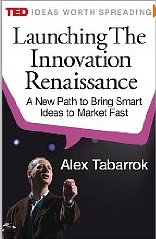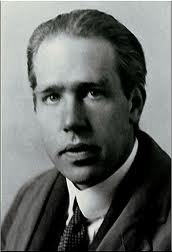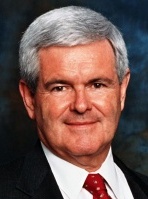 Something about this time of year brings out the cranks. Last year at this time, Lubos Motl (along with a few others, some just confused, others just pure trolls) was disputing the simple but surprising answer to a little probability puzzle. (See first here, then here, then here, then here, then here, and finally, for an enlightening coda, here — and then for one more afterthought, here, with approximately 1000 comments altogether).
Something about this time of year brings out the cranks. Last year at this time, Lubos Motl (along with a few others, some just confused, others just pure trolls) was disputing the simple but surprising answer to a little probability puzzle. (See first here, then here, then here, then here, then here, and finally, for an enlightening coda, here — and then for one more afterthought, here, with approximately 1000 comments altogether).
This was a tricky puzzle and of course you don’t have to be a crank to get it wrong. But the cranks distinguish themselves by a) repeating exactly the same arguments over and over and over and over and over, while ignoring the fact that those arguments have been clearly refuted; b) reacting with outrage when it’s suggested that if they make an argument with multiple implications, they don’t get to pick and choose which implications to accept; c) dismissing the relevance of definitive counterexamples (e.g. “You’ve made an argument that appears to apply to a country of any size. Let’s see if your argument works for a country with only one family.” “That’s totally beside the point! I never assumed the country had only one family!”), d) rejecting all arguments by analogy by observing that the analogy is imperfect, even when the imperfections of the analogy have no bearing on the argument; e) constantly changing the subject so as to deflect attention from arguments they can’t answer; f) constantly changing their definitions midstream so that everything they’ve been saying, even when it is self-contadictory, becomes true by definition; g) discerning a conspiracy when multiple people take the time to simplify the arguments in the (always vain) hope of penetrating the crank’s thick skull; h) substituting mockery for discourse; and i) repeating the same arguments over and over and over and over, while ignoring the fact that those arguments have been clearly refuted.
This year, instead of a small cadre of cranks, we’ve been visited by a single crank, one Yoram Bauman, who’s cluttered up a long comment thread with repeated instances of behaviors a) through i). It’s not just the flimsiness of his arguments that makes Yoram a crank; it’s the way he repeats those arguments while completely ignoring every objection, or, on those rare occasions when he takes note of those objections, dismissing them as coming from an “echo chamber”. It’s his habit of making two arguments that directly contradict each other within a single paragraph, and then getting miffed when someone points that out. It’s his substitution of mockery for debate. (Note to future commenters: It’s okay, now and then, to adopt a mocking tone when you’ve demolished someone’s argument. It’s not okay to adopt a mocking tone by way of ignoring an argument.) Above all, it’s his intense and total disdain for the process of intellectual discourse, as if this were all just a game and getting things right doesn’t matter.
Well, of course, this is just an online discussion, and whether we get things right probably doesn’t matter very much in the grand scheme of things. But most of us are here because we take pleasure in trying to understand something. Yoram’s entire purpose here seems to be to undermine that pleasure with his clownish (and possibly feigned) stupidity. He’s the guy at the party who pisses on the table for attention and then, when everyone edges away at the same time, accuses them of sheeplike subservience to social norms.
Enough of that! While the year was bookended by cranks, it was filled with other lively discussions worth remembering.
Here were the most-commented-upon posts of 2011:




















